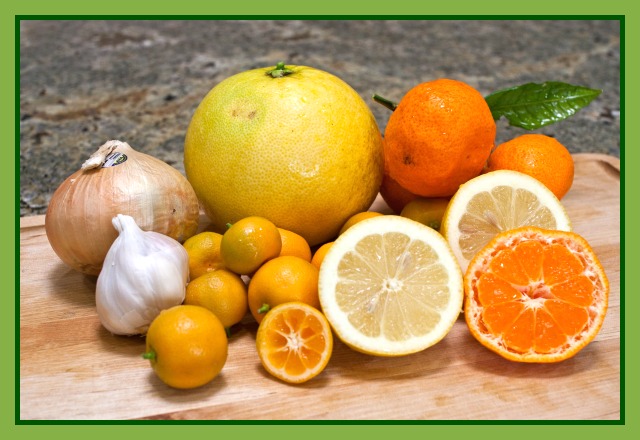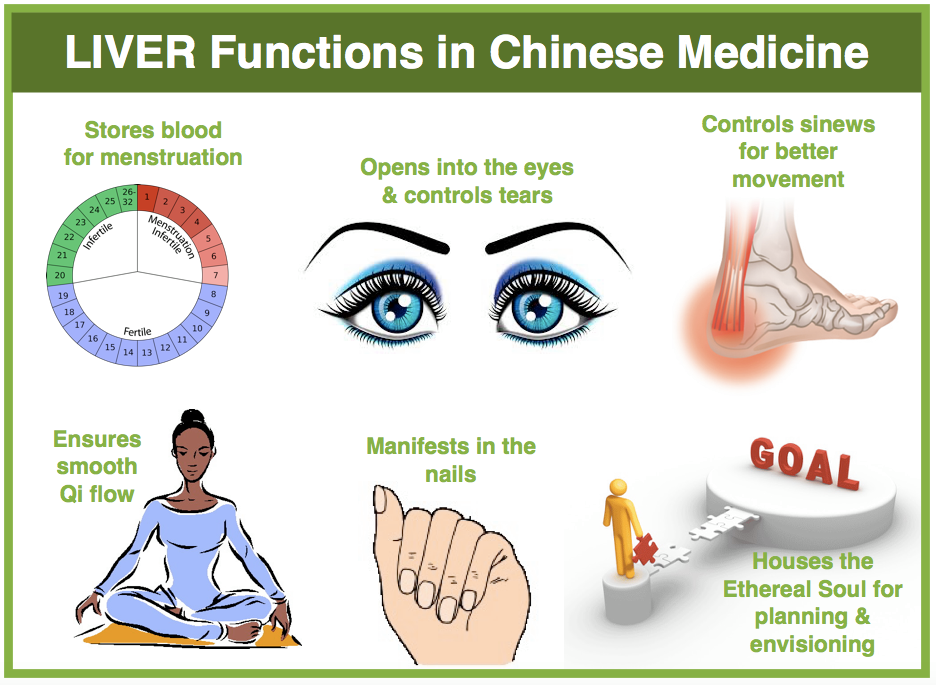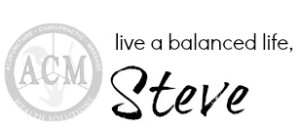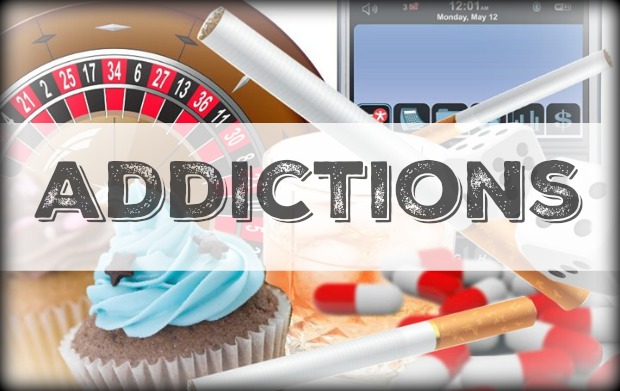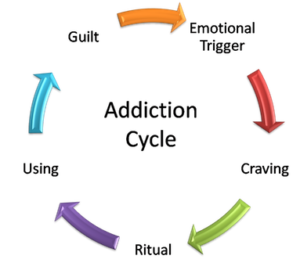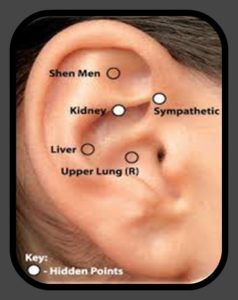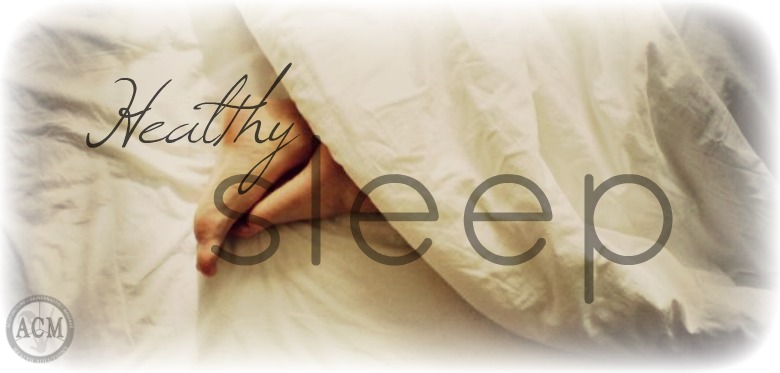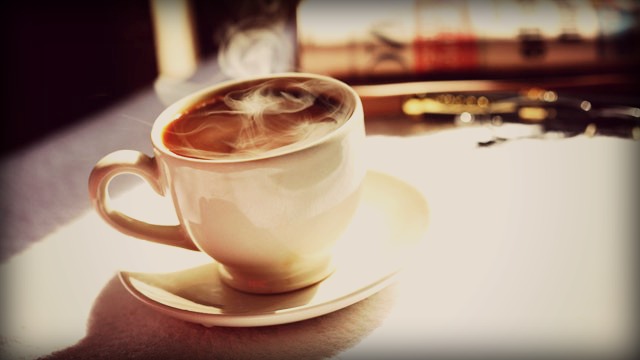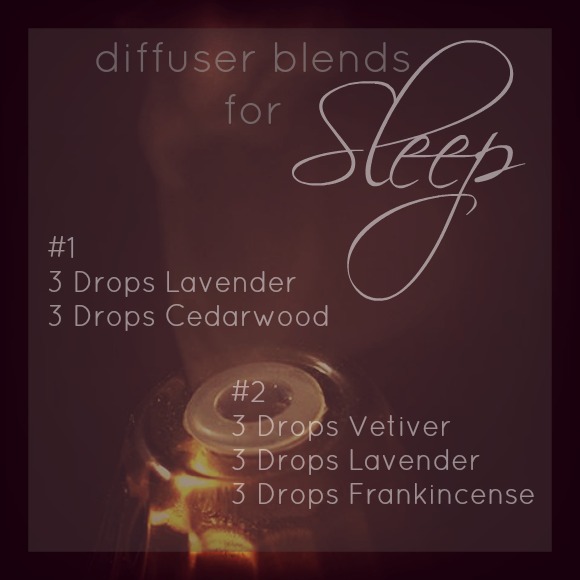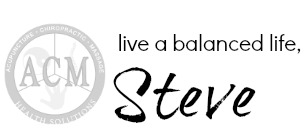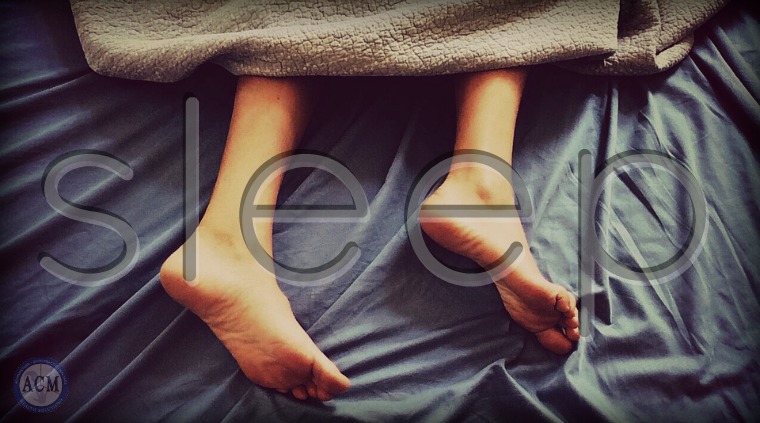-
Book Online Now - Acupuncture Solutions3900 Pebblecreek Ct #101
Plano, TX 75023972-612-4900 - 6501 Wesley St #A-1
Greenville, TX 75402903-213-3679 Learn more about…
#autumn #balance #behappy #fall #familytime #germs #healthlyliving #healthyskin #immunesystem #organs #psoriasis #seasons #sunscreen #thinkpositive acupressure acupuncture allergies anxiety coronavirus covid-19 depression diet digestion energy exercise headaches health heart herbs kidneys liver lungs meditation migraines nutrition pain pms qi sleep spring stress summer tcm Traditional Chinese Medicine winter
June 2017 Newsletter
Posted in AcuDownloads
Comments Off on June 2017 Newsletter
Liver Tune-Up
In Traditional Chinese Medicine, each season is ruled by a particular organ system and spring is connected to the liver. What does this mean? Well, you probably notice changes in the way you feel, both physically and mentally, as the seasons change. I know I tend to feel a bit more contemplative and introspective during the winter months. Once spring hits, I’m ready to recharge and get things done. The liver energy is strong and assertive, the type of energy you need to create plans and then propel them into motion. However, if your liver is a little out of balance, you might notice you are more irritable or on edge than usual. Here are a few signs that your liver is in need of an acupuncture tune-up:
1. You’ve noticed an increase in headaches lately, and these headaches seem to feel worse when you aren’t active. Generally these headaches tend to manifest at the vertex of your head.
2. You might begin to feel constipated or bloated. Your bowel movements might become irregular, alternating between constipation and loose stools. Hard, difficult stools that appear pebbly are also a sign of liver imbalance.
3. Your friends or coworkers are scared of you, because you are cranky, cranky, cranky. When liver energy is out of balance you might feel agitated, irritated and generally out of sorts. Sometimes irritation can expand into outright anger more easily than it would if this energy was flowing smoothly.
4. Ladies, you may notice your PMS symptoms have been worse lately. Bloating, breast tenderness, sensitivity…you can blame all of the above on your liver. If your periods are more painful or clotted, this is also due to a stagnation of liver energy.
5. Your eyes are red, itchy or irritated.
6. Your shoulders, neck or jaw are uncomfortably tight. If the liver energy is out of balance, it can flow upward. This causes everything in your body to rise up: you might grind or clench your teeth, your shoulders will levitate up around your ears, and you might experience symptoms of TMJ.
7. Your allergies are in full force, complete with itchy, red, watery eyes.
If you are suffering from any of these issues, your body is crying out for help! Here are a few dietary tips to help:
- Eat simply and lightly, pay particular attention to posture and tension during and after eating.
- Eat a diet that is rich in vegetables and moderate in fruits which will help resolve stagnation.
- Bitter foods will help resolve stagnation affecting the Liver and Stomach.
- Moderate amounts of the pungent flavor will help to stimulate the system out of stagnation. Onions and citrus peel are good for this purpose.
A trip to your Acupuncturist is also in order!
Posted in Acupuncture, Liver, Spring, Uncategorized
Tagged #seasons, acupuncture, liver, spring, stagnation
Comments Off on Liver Tune-Up
Got Addictions-Try Acupuncture!
Addiction is defined as the compulsive physiological need for and use of a habit-forming substance, which means addiction can come in a lot of different forms. People can be addicted to illicit drugs like heroin or prescription drugs just as easily as they can be addicted to sugar. But for the purpose of this article, let’s stick to drugs and alcohol.
According to the Health Services Administration, 23.5 million people ages 12 or older have needed treatment for drug or alcohol addiction. And the treatments provided aren’t guaranteed, nor are they always easy. Luckily, there are alternative treatment options that can help.
Acupuncture is based on the correlation of individual locations and energetic meridians found in and on the body. For addiction, micro-acupuncture has been used with good results. Micro-acupuncture uses points on a small part of the body, like the ear, that also show correlations with balancing and restorative functions.
Auricular acupuncture is probably the most common technique used when treating addiction. There is a specific protocol utilized for treating addiction. It is called the NADA protocol. NADA stands for National Acupuncture Detoxification Association. NADA was established in 1985 to promote education and training. The NADA protocol utilizes five specific points in the ear that not only address substance abuse, but also the emotional, physical and psychological attributes involved in addictions. This five-point protocol allows one practitioner to treat many patients at a time, making it more time-effective, as well as more cost-effective.
The NADA protocol consists of five specific points, the sympathetic point, Shen Men, the kidney point, the liver point and the lung point. The sympathetic point balances the nervous systems and has a strong analgesic effects. Shen Men has a relaxing effect and helps alleviate anxiety and nervousness that may accompany withdrawals. The kidney point boosts the source energy of the patient while helping to resolve fear and increase willpower. The liver point promotes the repair of the liver and aids in resolving anger and aggression. The lung point strengthens the immune system and accelerates detoxification. It also helps addicts deal with grief and letting go. When somebody is going through the initial detoxification process, it is important to receive acupuncture treatments daily until you are able to remain clean.
Acupuncture provides a solid foundation for recovery and rehabilitation. It is a supportive component of addiction treatment as well as a tool enabling addicts for a normal life after rehabilitation. Acupuncture works to enhance overall functioning in several ways. Because it is nonverbal, it helps reach patients that are resistant to change. It has been shown to reduce anxiety and agitation. And it helps develop an inner meditative state in those who are fearful or severely troubled.
Acupuncture for addiction and substance abuse offers a proven method of assisting people in the process of recovery without any side effects. Acupuncture provides relief of anxiety, depression, cravings and other withdrawal symptoms. Freedom from addiction is just a phone call away.
Posted in addictions, NADA, Uncategorized
Tagged acupuncture, addictions, NADA
Comments Off on Got Addictions-Try Acupuncture!
7 Tips for Better Sleep
Many of us find it hard to fall asleep at night and stay asleep, as a result we often wake up feeling groggy and not rested. Sometimes improving sleep is as simple as changing your habits during the day. Below are easy ways that can dramatically help you get a good night’s rest!
- Cut yourself off in the afternoon. Believe it or not, even having caffeine at 2pm can affect your sleep. Make sure to get that last cup of coffee in beforehand and watch out for certain drinks you may forget have caffeine in them such as soda and many teas.
- Try restorative yoga. Practicing deep breathing and stretching before bed can help relax the mind and body. Try spending even just ten minutes to stretch and practice mindfulness.
- Limit your screen time. Let’s face it, we are all addicted to our phones and computers. It’s tempting to look at your phone until the moment you fall asleep. Turn off all electronics an hour before bed to help the brain get into sleep mode. The screens on your devices make it hard for the brain to relax.
- Acupuncture. If you are finding yourself struggling with insomnia you may want to consider acupuncture treatment. Acupuncture is non invasive and has been proven to reduce stress, help chronic pain and increase quality of sleep.
- Aromatherapy. Lavender has been proven to lead to a better, deeper sleep and help those with insomnia fall asleep more easily. Sniff or rub lavender oil on your wrists before bed to feel the effects.
- Exercise. Exercising regularly has many health benefits. It can also help you get a better sleep. Even just 20 minutes of some form of exercise a day can make a difference.
- Cut down on the alcohol. Although some drink a glass of wine before bed to unwind and fall asleep, you are actually more likely to get a poorer quality of sleep. If you do decide to drink, do so earlier in the night to ensure a deep sleep.
Sources:
http://bit.ly/1Wc7jQe
Healthy Sleep
Acupuncture & Traditional Chinese Medicine for Healthy Sleep
If you are suffering from insomnia or unable to get a good night’s rest, you are not alone. Around 60 million Americans experience insomnia and sleep related problems on a daily basis. Prescription sleeping pills are one of the most highly overused medications and can lead to side effects and addiction. Acupuncture is a centuries-old practice that has been proven to help sleep disorders without the risk of addiction or putting chemicals in the body.
How acupuncture works
Acupuncture works by addressing the root of the problem to return the body back to health. One clinical study found that patients with anxiety had increased sleep time, quality of sleep and felt less stressed with acupuncture treatment. Traditional Chinese Medicine uses the meridian system, the body’s channel in which energy flows through, to stimulate Qi to return the organs to balance. When there is an imbalance in the body, illness such as insomnia arises. Acupuncture uses specific points on the body related to sleep problems to treat underlying issues.
There are many problems that contribute to insomnia such as chronic pain, depression and stress. Acupuncture is known to be a great alternative treatment for these related issues. In TCM, insomnia is looked at as a heart and liver imbalance. Acupuncture especially addresses these organs to help calm the nervous system and improve the muscle and nerve channels by increasing blood flow.
Chinese herbs for sleep
There are many Chinese herbs that have been known to help insomnia and to get a better quality sleep. These herbs are easy to find at the store and are widely safe to use.
Chrysanthemum tea: Chrysanthemum is known to help the clean the liver. When the liver is not working properly, it can cause insomnia, irritability and dizziness.
- Place 2 tsp. dried chrysanthemum in a cup, pour boiling water over blossoms, infuse for 5 minutes. Add sweetener to taste.
Ginseng tea: Ginseng is used for a number of health benefits. It is commonly used to help fatigue, dry mouth and shortness of breath. Although ginseng is typically known as being a stimulant, the root works by normalizing your body’s stress levels. Because of this, when taken during the day, studies have shown that it can help increase quality of sleep at night.
- Simmer 2 tsp of ginseng in 1 1/2 C. water for 15 minutes. Add sweetener to taste. It should be noted that there are a variety of Ginseng for various individuals and situations and Ginseng may not be appropriate for use when you have a cold or flu.
Schisandra tea: Schisandra berry tea can be found at health stores and is known to promote lung and kidney function. Because of this, it is a great tea to help insomnia and fatigue.
- Roast and crush your desired amount of Schisandra berries and store in container. For each serving take 1 tsp. and infuse with hot water, wait for 3 minutes. Add sweetener to taste.
There are many options when it comes to treating insomnia. Traditional Chinese Medicine offers an effective treatment that leaves out the dependency of sleep-aid medications.
Meditation is good too!

